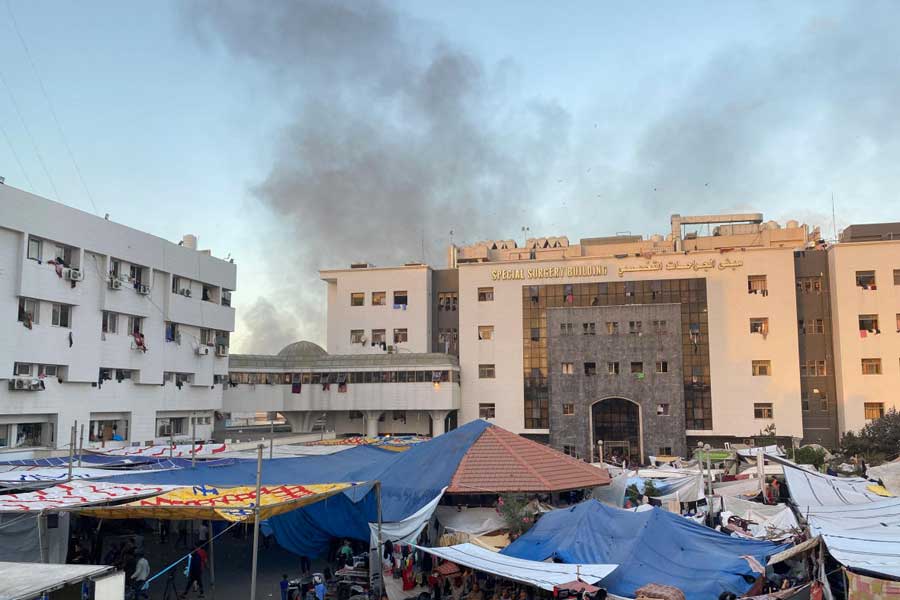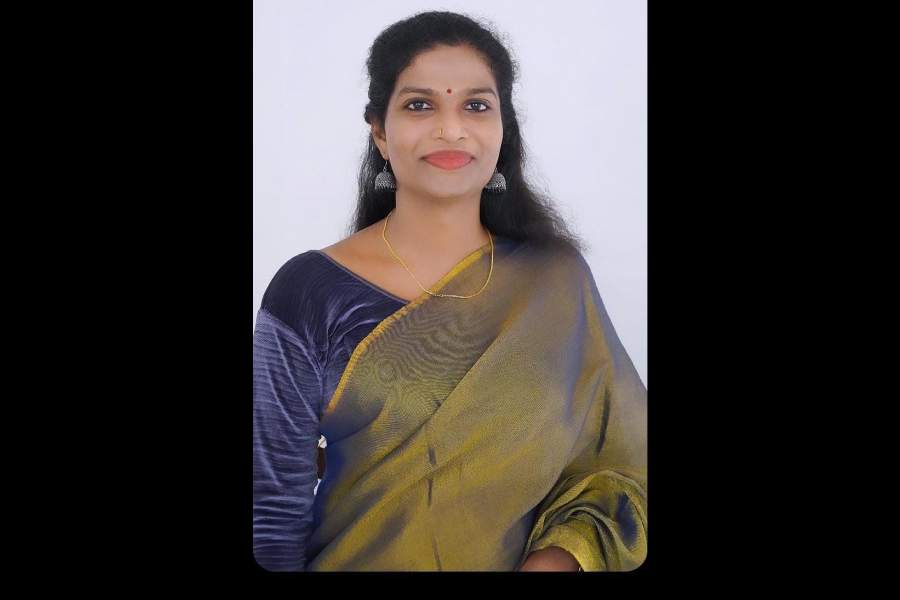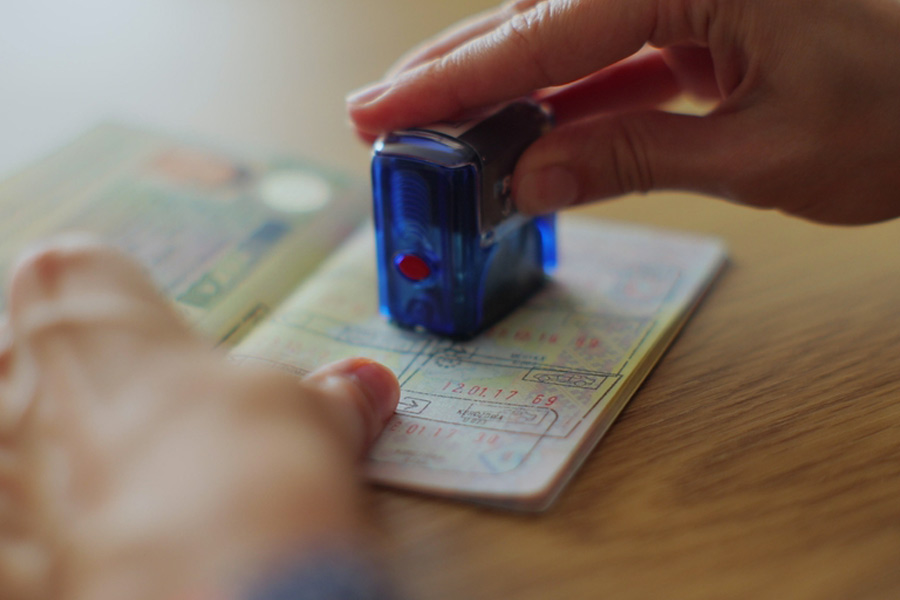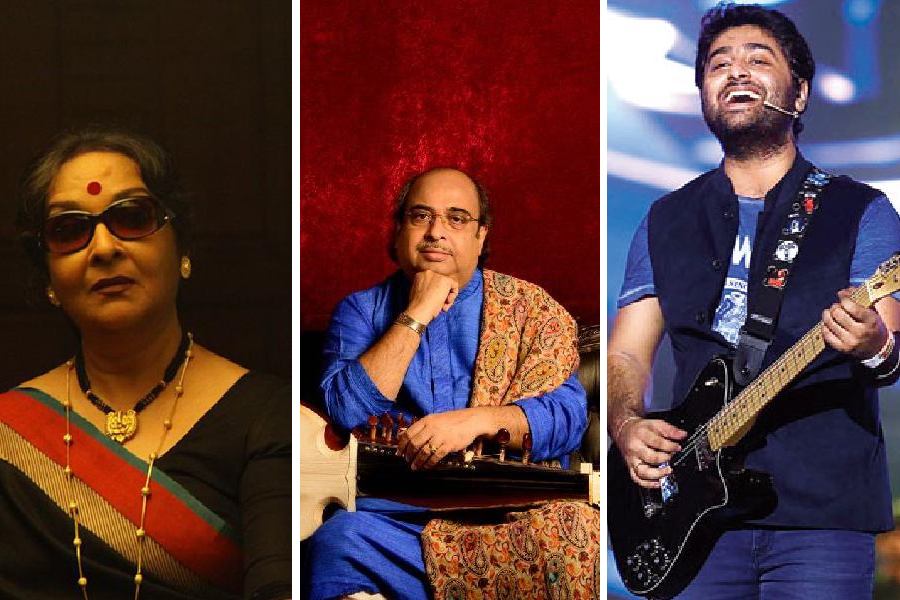The October 7 attack on Israel has prompted soul-searching on the Israeli left, undermining faith in a shared future with Palestinians. It has created a crisis of confidence on the Israeli right, sapping support for Prime Minister Benjamin Netanyahu. It has drawn ultra-Orthodox Jews, often ambivalent about their relationship with the Israeli state, closer to the mainstream.
Across religious and political divides, Israelis are coming to terms with what the Hamas-led terrorist attack meant for Israel as a state, for Israelis as a society, and for its citizens as individuals. Just as Israel’s failures in the 1973 Arab-Israeli war ultimately upended its political and cultural life, the October 7 assault and its aftershocks are expected to reshape Israel for years to come.
The attack, which killed an estimated 1,200 people, has collapsed Israelis’ sense of security and shaken their trust in Israel’s leaders. It has shattered the idea that Israel’s blockade of the Gaza Strip and occupation of the West Bank could continue indefinitely without significant fallout for Israelis. And for Israel’s Jewish majority, it has broken the country’s central promise.
When Israel was founded in 1948, the defining goal was to provide a sanctuary for Jews, after 2,000 years of statelessness and persecution. On October 7, that same state proved unable to prevent the worst day of violence against Jews since the Holocaust.
“At that moment, our Israeli identity felt so crushed. It felt like 75 years of sovereignty, of Israeliness, had — in a snap — disappeared,” said Israeli novelist Dorit Rabinyan.
“We used to be Israelis,” she added. “Now we are Jewish.”
For now, the assault has also unified Israeli society to a degree that felt inconceivable on October 6, when Israelis were deeply divided by Netanyahu’s efforts to reduce the power of the courts; by a dispute about the role of religion in public life; and by Netanyahu’s own political future.
Throughout the year, Israeli leaders had warned of civil war. Yet in an instant on October 7, Israelis of all stripes found a common cause in what they saw as an existential fight for Israel’s future. Since then, they have been collectively stung by international criticism of Israel’s retaliation in Gaza.
And in parts of the ultra-Orthodox community, whose reluctance to serve in the Israeli military had been a source of division before the war, there were signs of an increased appreciation for — and in some cases, involvement in — the armed forces.
Recent polling data paint a picture of a society in profound flux since the Hamas attack.
Nearly 30 per cent of the ultra-Orthodox public now supports the idea of military service, 20 points higher than before the war, according to a December poll by the Haredi Institute for Public Affairs, a Jerusalem-based research group.
Perhaps surprisingly, 70 per cent of Arab Israelis now say they feel part of the state of Israel, according to a November poll by the Israel Democracy Institute, a Jerusalem-based research group. That is 22 points higher than in June and the highest proportion since the group began polling on the question two decades ago.
Roughly one-third of voters for Netanyahu’s Right-wing party, Likud, have abandoned the party since October 7, according to every national poll since the attack.
“Something fundamental has changed here, and we don’t know what it is yet,” said Yossi Klein Halevi, an author and fellow at the Shalom Hartman Institute, a research group in Jerusalem. “What we do know is that this is kind of a last chance for this country.”
Aryeh Tsaiger, a bus driver from Jerusalem, embodies some of these shifts.
In 2000, Tsaiger became one of a tiny minority of ultra-Orthodox Israelis to serve as a military conscript. At the time, he felt ostracised by his community.
“Joining the army was something unacceptable,” Tsaiger said.
Ultra-Orthodox Jews, known as Haredim, are exempt from service so that they can study Jewish law and Scripture at government-subsidised seminaries. For decades, they have fought to preserve the exemption, rankling secular Israelis since it allows the Haredim to benefit from the public purse while doing little to protect the nation.
After October 7, when he rushed to rejoin the military, Tsaiger said he felt welcomed by Haredim. Friends congratulated him, a Haredi rabbi gave him a special blessing, and several Haredi synagogues asked him if he could attend their Sabbath prayers with his gun. Fearing more terrorist attacks, the congregations wanted his protection.
“That’s a big change,” said Tsaiger, 45. “They want me there.”
For Israel’s Arab minority, these evolving dynamics have left them in a bewildering, contradictory position.
Roughly one-fifth of Israel’s more than 9 million residents are Arabs. Many of them identify as Palestinians despite holding Israeli citizenship, and many feel solidarity with people from Gaza killed in Israeli strikes — a sentiment that has grown stronger as the reported death toll in Gaza has risen to roughly 20,000.
Several Arab Israeli leaders were detained in November after trying to organise an unsanctioned anti-war protest. Others were investigated by police for social media posts deemed to be supportive of Hamas.
But some Arab Israelis also feel a competing emotion: a greater sense of belonging in Israel.
Scores of Arabs were killed or kidnapped by Hamas on October 7, bestowing their communities with a greater sense of solidarity with Jewish Israelis.
“If I was given two options, Hamas or Israel, I would choose Israel without thinking twice,” said Bashir Ziyadna, an Arab Israeli law student.
This growing social consensus has occurred despite Netanyahu.
Israelis have rallied around each other, through a shared belief in the military campaign that Netanyahu leads. But they have not rallied around the Prime Minister.
New York Times News Service











